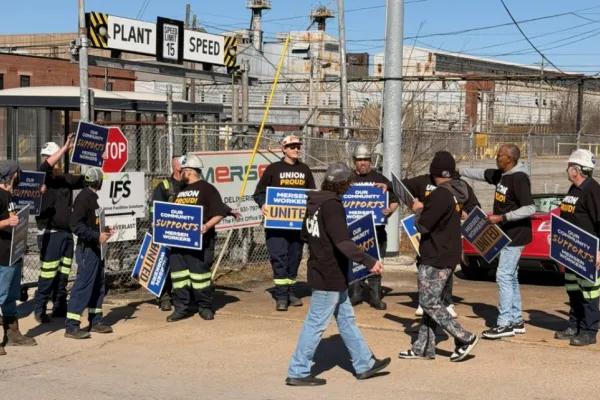Statement by the Communications Workers of America on the Supreme Court?s Harris v. Quinn decision
Washington, D.C. -- Today’s Harris v. Quinn decision by the U.S. Supreme Court undermines the ability of direct care workers to collectively bargain, by determining that these workers are “partial public employees” and may not be required to pay representation fees.
This decision may affect hundreds of thousands of direct care workers from California to New York. The case was brought by the National Right to Work Legal Defense Foundation, whose goal is to eliminate all bargaining rights for U.S working women and men. That’s completely out of step with every other global democracy.
It’s ironic. Two-thirds of all U.S. public workers currently have no collective bargaining rights. The public policy question we should be considering is ‘why is the U.S. the only democracy in the world that is cutting workers’ rights?’
In New Jersey, direct care providers, employed by the New Jersey Department of Human Services, are represented by CWA Local 1037. This year workers bargained and ratified a new contract that compensates workers for mandatory trainings, defines an eight-hour day and provides additional pay for workers caring for children with special needs.
These direct care workers will continue to work to join together, bargain collectively and improve their lives.
###
Contact: Candice Johnson, CWA Communications, [email protected]
Read more at: http://www.cwa-union.org/news/entry/statement_by_the_communications_workers_of_america_on_the_supreme_courts_ha
Graphic Audio First Contract Negotiations: 02/24/2026
Get Involved: CWA Black History Month Town Hall


